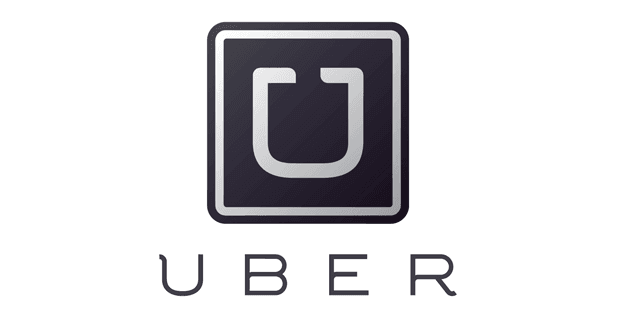As the last of major (and smaller) cities in Canada, my hometown Calgary finally saw the ride-sharing service Uber launch here a few days ago, to strong demand and to warnings from the mayor and city councilors. (Uber violates the city by-law of not charging the minimum of over $70 per ride, which the city dictates to limousine service that it claims Uber to be).
The customers love having less expensive, much more available rides than what Calgary’s taxi monopoly offers. The mayor and the rest of the advocates of the regulatory state hate Uber because they claim to be concerned about “public safety”—non-regulated drivers without government ‘oversight’ could not possibly drive safely, they insinuate. However, what these politicians are really concerned about is the loss of tax revenue in the form of taxi licenses that Uber drivers do not buy, and more importantly, the loss of their ability control how we buy and sell rides in the face of Uber’s defiance of the city by-law.
As for the legitimate concern for Uber drivers not having sufficient liability insurance, that is an important but not the fundamental issue here, and can be easily solved by Uber buying additional insurance (as it already has done in the United States).
Ironically, city councilor Joe Magliocca was quoted as saying about the Uber’s Calgary launch: “It’s just selfish, they’re just being bullies on the block … It’s typical Uber. That’s what they’ve been doing all across North America. Even if they had a mandate from council not to enter the area, they still enter.” The irony might be lost on Magliocca, but he is mistaken about who the bullies are—although he gets selfishness almost right.
It is the regulators, the city council, who are the bullies, not Uber. The regulators control the taxi industry, by arbitrarily limiting the number of taxi licenses issued in the city, thereby restricting the supply—and increasing prices. Presumably, the regulators know best how many taxi cabs should be operating in the city, how much they can charge, and what several other regulations taxi drivers should meet. The idea that the buyers and sellers of taxi rides could be left free to trade with each other, without any regulatory ‘oversight,’ is unthinkable to them. As if somehow it is in the ride providers’ interest to drive unmaintained cars recklessly and injure or even kill their passengers, or in the interest of passengers to accept rides from such drivers.
Quite the contrary, it is in the selfish interest of Uber and its drivers to offer the best, safest, lowest cost service, in order to ensure satisfied repeat customers who recommend them to others—and to maximize their profits. This is the beauty of the Uber model: it actually makes free trade between Uber’s drivers and their customers possible, without the intrusion of the regulatory state.
Anyone who has ridden licensed taxis anywhere knows that the license (and the high price) does not improve the odds for a safe, courteous, professional ride. Quite the contrary, the regulated owners of taxi licenses or their drivers have no incentive to offer better or less expensive service, as that has no impact on amount of business they can get and the profit they can make. They haven’t had to worry about real competition—until Uber entered the scene.
Understandably, the owners and drivers of licensed taxis are upset about Uber’s entry, like any other players in government-protected industries would be upset about new entrants that offer better and cheaper products or services and that bypass government licensing. However, in non-government-sheltered industries, even in the semi-free markets of today, there is no guarantee of a certain share of the market or a certain level of income. New, innovative, competitors can enter and provide alternatives that customers can choose, with no need of a ‘regulatory framework’ and ‘compliance’ officers beyond the laws and law enforcement that protect individual rights against the initiation of physical force and fraud.
This is the reason we should cheer and thank Uber. It sets an important precedent for protecting our freedom to choose and live our lives, freely trading with others, with the incentive to both sell and buy best possible products and services at the lowest possible prices.




